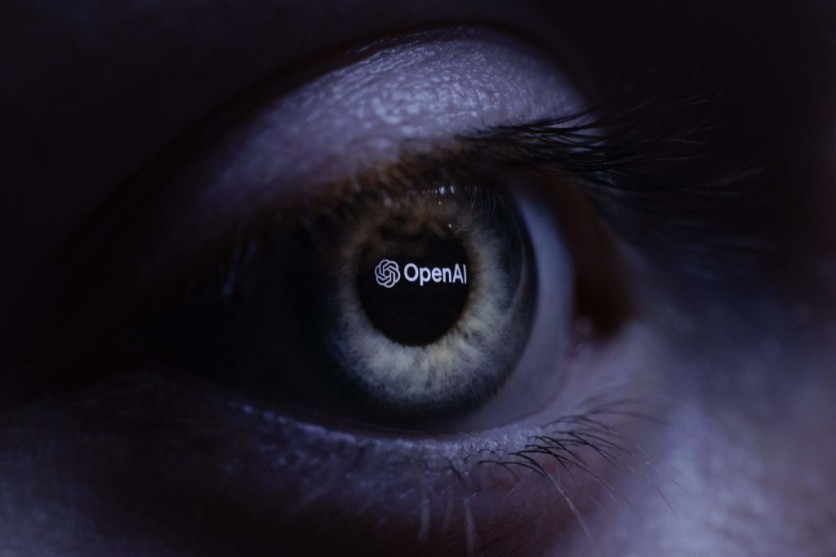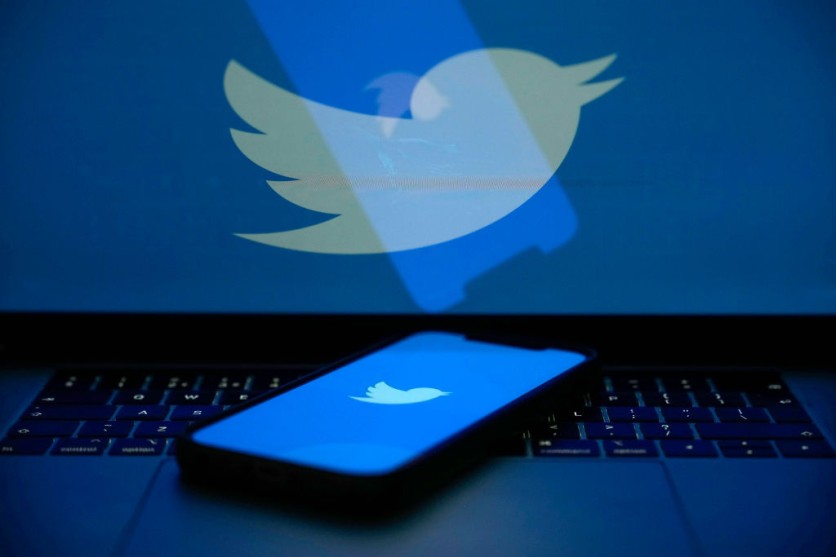A new study comparing tweets created by humans to AI-generated found that people were more likely to trust content generated by OpenAI's GPT-3 model.
The surprising results of the test concluded that people found AI-generated tweets more convincing, regardless of how accurate the information was.
While this centers on how humans can be easily fooled by AI-generated content, it also presents the capabilities of AI to bring more compelling content, which can either inform or mislead the public.

People Trust AI-Generated Tweets Than Those Made by Humans
The study published via the Science Advances journal claims that artificial intelligence (AI) generates trustworthy and compelling social media content better than humans after testing its participants.
The researchers laid out different tweets generated by humans and GPT-3, and the participants had difficulty distinguishing between tweets written by real Twitter users and made by the AI tool.
Study participants were also presented with fake news and misleading information written by the AI language model, which centered on topics like vaccines and climate change that are subject to many misinformation campaigns online.
However, The Verge reported that the participants could not tell if these were fabricated or legitimate information, and they could only better identify accurate information if it were written by GPT-3 rather than by humans.
Giovanni Spitale, lead author of the study and a postdoctoral researcher and research data manager at the Institute of Biomedical Ethics and History of Medicine at the University of Zurich, said: "These kinds of technologies, which are amazing, could easily be weaponized to generate storms of disinformation on any topic of your choice."
The researchers collected responses from 697 participants via Facebook ads last year for this study.
Read Also : Elon Musk AI: New Claims CEO Purchased 10,000 GPUs Over at Twitter to Compete with OpenAI's GPT-4

Is AI the Future of Information Dissemination?
AI is one of the most significant developments of our time, and many have adopted this technology to provide more assistance and help to the different industries it serves.
Many companies, including various news and media agencies, adopted AI to help them at work. However, given that this study claims that AI is more compelling and trustworthy for the audience, the future may change, with many people getting the wrong misinformation.
OpenAI, Microsoft, and Twitter
AI is the most advanced technology in today's age, and there are currently massive developments from OpenAI and Microsoft, with many other companies trying to catch up.
OpenAI's ChatGPT-4 was recently able to access the internet to improve its capabilities. It was made possible through the use of plugins, which enable ChatGPT to access websites and online resources to provide more relevant and accurate responses to user queries.
According to another study, AI can also be used to deceive cybersecurity experts from doing their work accurately and correctly. The study looked into AI misinformation, and researchers from Georgetown University discovered that it could be used to manipulate even experts and researchers.
The study has exposed the vulnerability of humans, even experts, in falling prey to the hands of actors that may use AI to deceive people. This could reportedly lead to its use in the cybersecurity field, fooling people into lowering their guards or pushing these experts into playing into the cards of the hackers for potential future access.
Many social media companies, including Twitter and Meta, are now ramping up their AI capabilities to supercharge their services. However, Spitale noted that the best long-term strategy for countering disinformation was to go "low-tech," encouraging critical thinking skills so people would be more equipped to distinguish between facts and fiction.

ⓒ 2025 TECHTIMES.com All rights reserved. Do not reproduce without permission.




